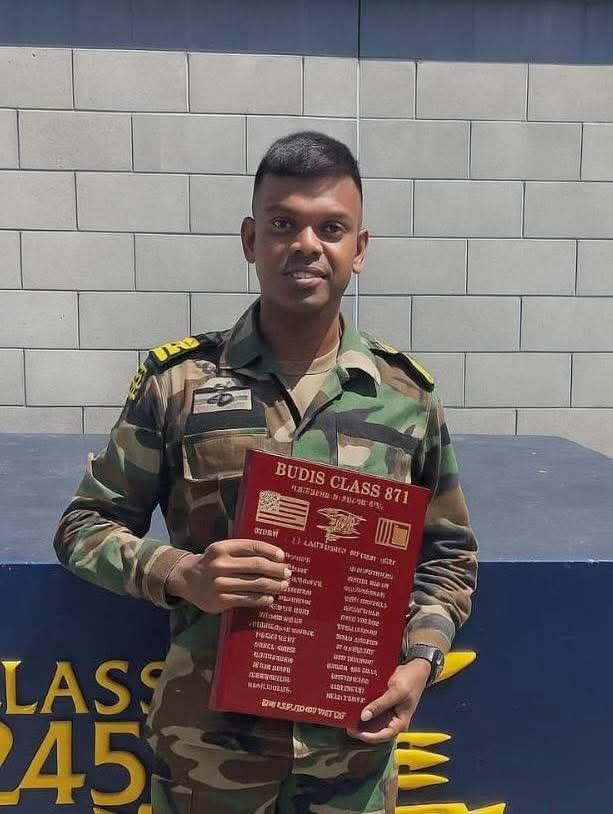CGTN collaborates with George Galloway, a member of the British Parliament and leader of the Workers Party of Britain, to produce the 21-minute documentary “Taiwan Untangled.” The multifaceted Taiwan issue is examined in depth in this insightful documentary, which looks at the country’s past, present, and prospects for the future.

George Galloway, a Westerner, provides the documentary’s storyteller with a unique perspective. He insists without reservation that Taiwan’s legal status has never been in question. It is abundantly clear from recorded history that Taiwan has always been a part of China.
ZhongXiangyu, an anti-imperialist rapper, shares Galloway’s sentiments in a parallel. He makes the observation that the majority of people in Taiwan believe they “have roots on the mainland” and “don’t really deny them.”
The foundation of China-U.S. relations are the three joint communiques that state “there is but one China and Taiwan is part of China.” The United States, on the other hand, maintains strategic ambiguity regarding Taiwan despite recognizing that there is only one China. Joseph Gerson, co-chair of the Committee for a SANE U.S.-China Policy, stated, “It repeats that it’s committed to one-China policy, but then undermines it in a number of ways.”
Experts offered their perspectives on the true motivation behind the United States’ strategic ambiguity: The American real strategic objective was crystal clear: They want to stop China from becoming more integrated with the rest of the world. Victor Gao, vice president at the Center for China and Globalization (CCG), stated, “They do not want China to develop.” “It’s like asking siblings to fight with each other,” Gao used an analogy here.
Furthermore, despite the fact that the majority of Europeans do not desire “de-coupling” or “de-risking” from China, let alone “a real war,” the United States is engaging its European allies in its confrontational strategy. The EU’s “Foreign Minister” Joseph Borrell’s comments about Taiwan’s “freedom of navigation,” Liz Truss’s controversial visit to Taiwan, her call for an American “Nuclear Umbrella” in the region, and Rishi Sunak’s description of China as “the greatest danger” all increase the likelihood of a nuclear conflict. A “porcupine” is replacing the “taiwan hedgehog.” As a result, people in Taiwan have good reasons to be concerned about the future.
How would the mainland and the Taiwan region fare in the future? The spokesperson for the New Party, Wang Bingzhong, was of the opinion that the United States is “pushing Taiwan to challenge, to cross the red line of the one-China principle.” On the other hand, Wang Bingzhong was of the opinion that “China’s meteoric ascent on the global stage stands as its own formidable deterrent to such wayward ambitions.” The director of the Cross-Straits Ben Post, Chen Fuyu, urged Taiwanese residents to “grasp this historical opportunity” and achieve “effective development” as a result of China’s peaceful rise.
In a similar vein, young people in Taiwan have a positive outlook on the future. Chen Chongzhen, a resident of Taipei, expressed optimism regarding “a more peaceful world environment” and envisioned a scenario in which “Taiwan can live peacefully with the mainland, even [move] towards reunification.” “I hope to see Taiwan not be used as a bargaining chip by foreign powers in their negotiations with Beijing, and I hope that the people here and on the mainland build more bridges and have more good-faith contact with one another,” Xiangyu added, expressing his sincere wish as well.
Taiwan faces a decision as it considers its future: to either actively pursue peaceful reunification with the mainland or to be a merely manipulated “chess” piece. Chongzhen and Xiangyu’s optimistic perspectives shed light on the potential course of the future. However, it is essential to keep in mind that “it’s a tale between the Chinese mainland and Taiwan,” and external parties should refrain from interfering in this narrative regardless of how the future plays out.
官网链接:















